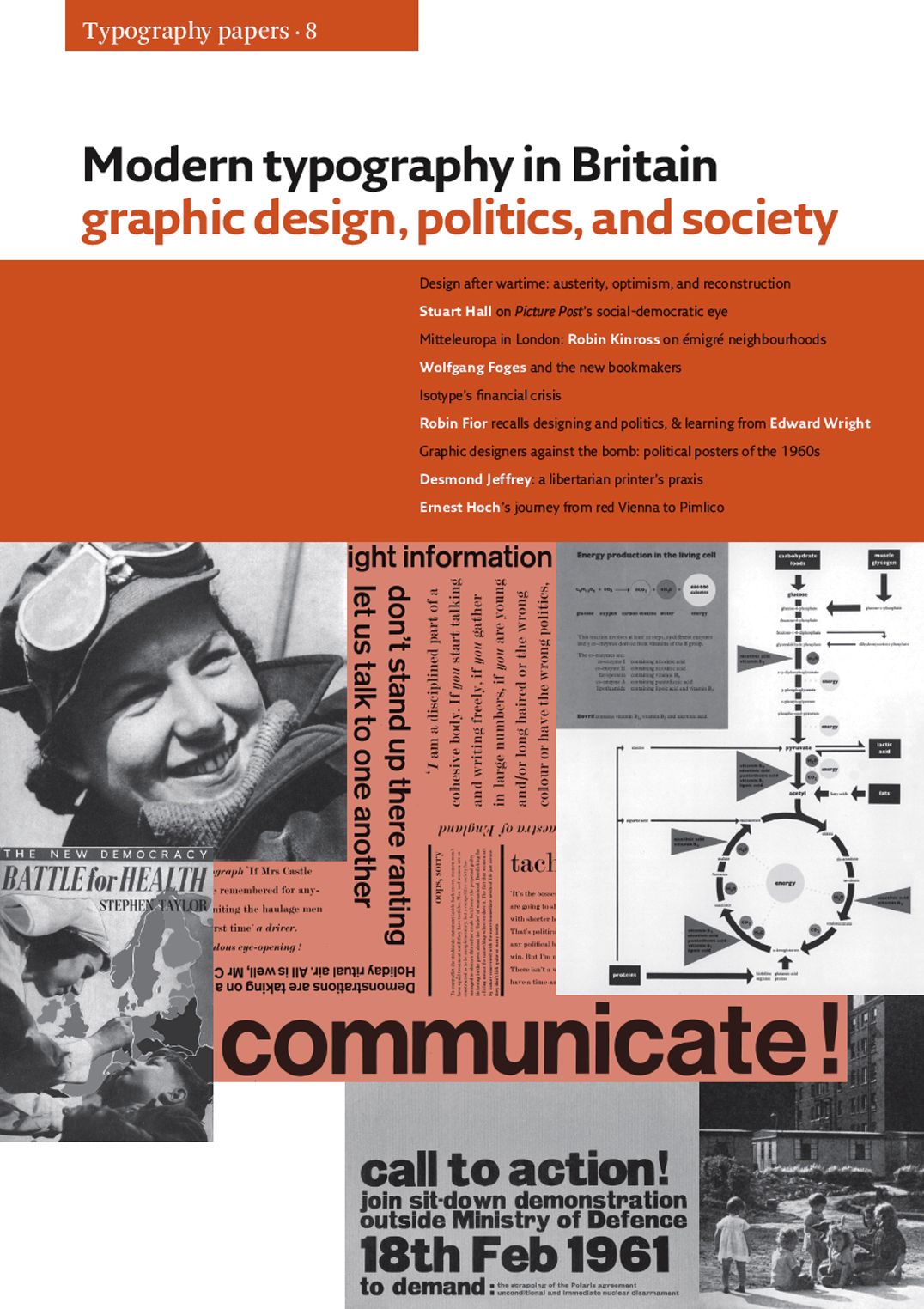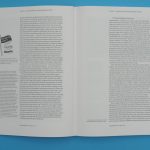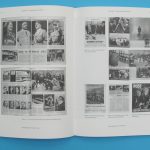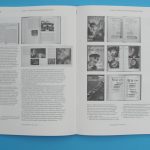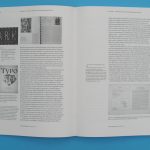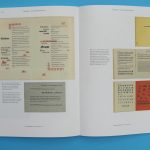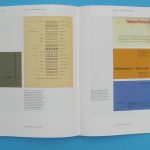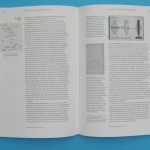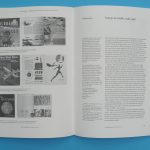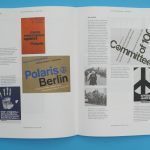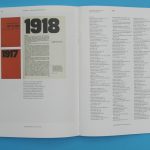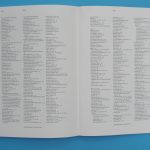This remarkable volume is a collection of eleven essays and shorter articles which for the first time provide rich contexts – social, cultural, and political – for graphic design in Britain. Reaching from the Second World War to the early 1970s, they fizz with provocative interconnections: between print culture, photojournalism and publishing, the London of émigrés, political meetings and demonstrations, cultural cafés and art schools. From these disparate milieux emerged new ideas about designing: configuring and picturing the world of facts and processes, shaping them for understanding, learning, and action. Presented here are documents of the nation’s life in war, its reconstruction through the passages from scarcity to plenty, the seeds of later fragmentation, always fertile with multiple intersections between biography and history.
Contents
Paul Stiff:
Austerity, optimism: modern typography in Britain after the war
Stuart Hall:
The social eye of Picture Post
Robin Kinross:
Design in central-European London: interactions between émigrés and natives in the 1940s
David Lambert:
Wolfgang Foges and the new illustrated book in Britain: Adprint, Rathbone Books, and Aldus Books
Matthew Eve:
Isotype in trouble, 1946–1948
Robin Fior:
Recollections of designing and politics in London, 1957–1970
Call to action: political posters of the 1960s by Robin Fior, Ken Garland, and Ian McLaren
Ian McLaren:
Designing for CND
Paul Stiff and Petra Cerne Oven:
Ernest Hoch and reasoning in typography
Robin Fior:
Working with Edward Wright
Sally Jeffery:
Desmond Jeffery the printer
Index
